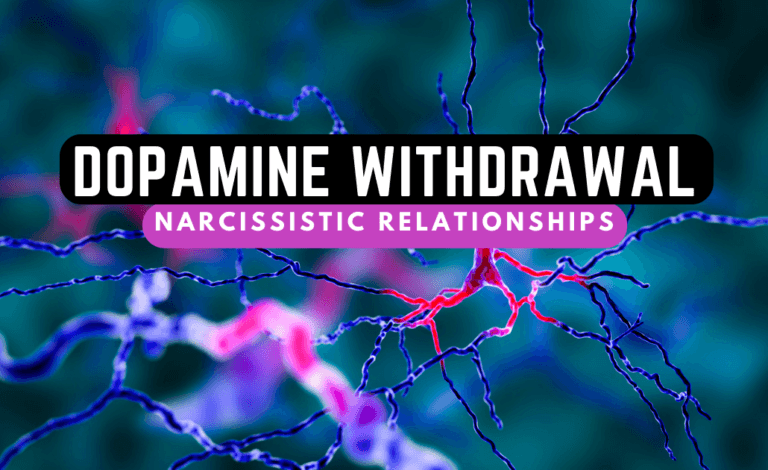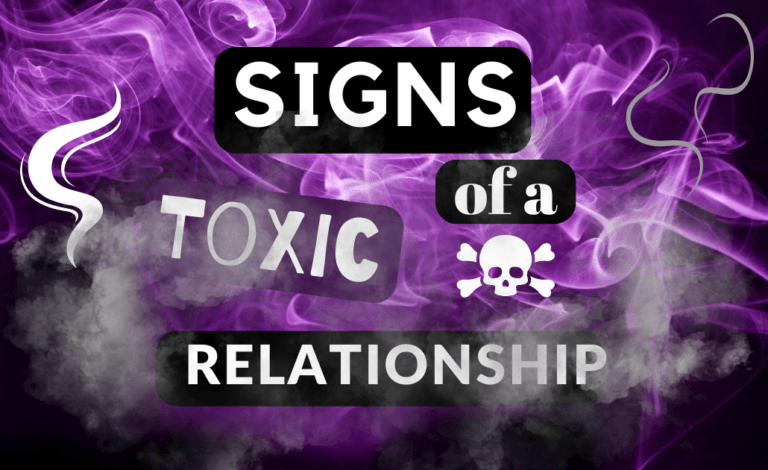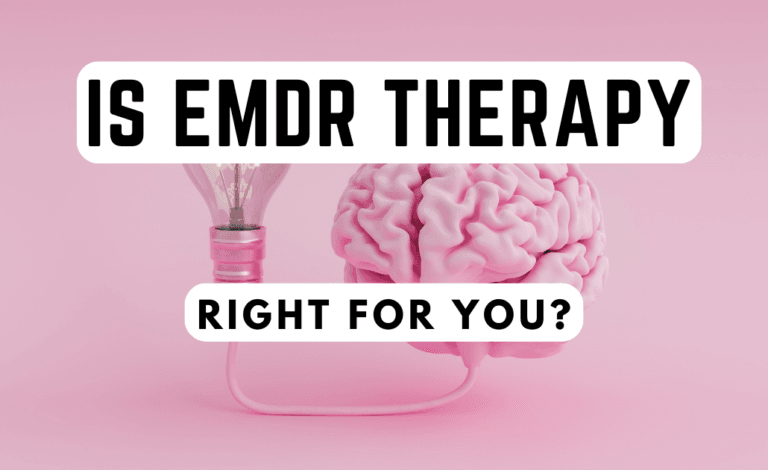Unpacking the history, language, and societal pressure that shaped generations of women to believe their worth depends on being wanted.
The following is the podcast transcript from the episode Pick Me Culture: Why Women Are Still Expected To Be Chosen
Welcome back to the Narcissistic Abuse Recovery Podcast. I’m Lynn, your host.
Why Women are Still Expected…
Today, in this episode, we’re diving into the origins of the Pick Me Culture. How it developed historically. Why it’s still embedded in our social expectations. And how it shapes women’s identity formation from a young age.
We’ll explore the pressures to be chosen. The emotional and cultural weight of being unmarried. And the subtle ways this mindset continues to impact the way women define their worth.
This is the foundation. The backstory. The first layer of a much deeper conversation.
Today’s episode might make you uncomfortable. You might pause. You might pace. You might even gasp a little.
And that’s okay — because what we’re talking about today needs to be felt to be fully understood.
We’re diving into something that has shaped women’s choices, careers, and identities for generations.
The Pick Me Culture.
Let’s take a moment to understand where it comes from.
The term “Pick Me Culture” has become more widely used in recent years, especially online. It started as a way to describe women who tried really hard to be chosen by men — often by putting down other women or going out of their way to appear low-maintenance, agreeable, or overly accommodating.
But the truth is — this mindset has been around long before we gave it a name.
It didn’t start with social media — it started with history. With systems that taught women their value was tied to being desirable… and chosen by a man.
Historically, many women’s survival was tied to marriage because of legal and economic limits.
In the U.S., for example, married women in some states couldn’t own property until the mid-to-late 1800s. Even into the 20th century, many couldn’t open a bank account or get credit without a male cosigner. That didn’t change until the Equal Credit Opportunity Act passed in 1974.
So marriage wasn’t just expected — it was often necessary.
Listen to the Podcast Episode Here:
And while many women were raised to be chosen, some — particularly unmarried women — lived a different path.
We’re going to take a small but important tangent here, because it’s worth pausing on the women often left out of this narrative.
Historically, women who owned property or lived independently were often among the few with inherited wealth, education, or family support that made that possible.
Some were widows. Some ran boarding houses or taught school. Some had small businesses. But they were treated like outliers.
They were called “spinsters,” “old maids,” or even “homely.”
The assumption wasn’t that they were independent — it was that something must be wrong with them.
Even the language tells on us.
Unmarried defines a woman by what she is not — married — like that’s the default.
Single implies she stands on her own.
But socially, single women have long been viewed as pitiable. Suspect. Selfish. Their independence wasn’t praised — it was questioned.
They weren’t honored for making do on their own — they were often feared by society.
A woman on her own wasn’t seen as accomplished — she was seen as missing something essential.
And today, that discomfort hasn’t fully disappeared. There’s still a quiet stigma.
You hear it in the loaded questions. The subtle pity. The cultural script that whispers: “Something must be wrong if she’s still single.”
That’s not progress. That’s just judgment in softer clothing.
Some women were encouraged to stand on their own — but that wasn’t always the norm. And in some circles, it was flat-out frowned upon.
If a woman wasn’t married by a certain age, it raised eyebrows. Parents worried. People whispered.
And how many young women have married simply because they didn’t want to be left out?
Because all their friends were getting married. And they didn’t want to be the last one single in the group.
There’s a quiet pressure — especially in certain age brackets — that makes women feel like they have something to prove.
Not because their desirability is fading. But because they want to feel accepted.
They want to say, “I’m married. Someone chose me. I’m loved.”
That kind of perceived acceptance still holds weight in a world that treats partnership like proof of worth.
Do some women feel their highest accomplishment is being loved by a man?
It’s a heavy question — and a revealing one.
Because the desire to be loved isn’t wrong. But when it becomes your measure of value? It distorts everything else.
Let’s slow down and really paint the picture.
For generations, girls weren’t raised to dream. Or lead. Or build.
They were raised to prepare.
To become marriageable.
Education? Optional.
Careers? Maybe, but don’t be too ambitious.
Independence? Often discouraged.
Daughters weren’t taught to stand alone — they were taught to wait to be picked.
Parents passed this script down — not out of cruelty, but out of fear. They thought they were protecting us.
So girls were taught to become acceptable.
They learned how to cook. How to clean. How to smile and soothe.
But rarely were they taught how to lead. How to invest. How to command a room.
And this wasn’t a coincidence.
This was culture behaving like a narcissistic parent — one who doesn’t want you to know you have power. Let alone what you’re capable of.
The intent was clear: keep women dependent. Keep them pleasing. Keep them small.
It was emotional control disguised as manners.
Systemic suppression dressed up as tradition.
And the damage wasn’t just practical. It was psychological.
Because when a woman is taught that her worth is in being chosen — she stops choosing herself.
It’s not just about being sweet or agreeable. It’s a whole system of subtle, gendered rules.
Be gentle. Don’t interrupt. Let him lead. Sacrifice without asking.
Over time, being agreeable becomes a rehearsed identity.
It shapes what we ask for. What we tolerate. How much space we take up.
And here’s what gets overlooked: when women are overly accommodating, they don’t attract healthier love — they attract control.
They attract partners who want compliance. Who want caretakers. Who want someone who won’t push back.
This dynamic often draws in individuals with narcissistic traits — the ones who feed off unbalanced relationships.
So the Pick Me mindset doesn’t make you easier to love.
It makes you easier to control.
Because when your identity is shaped around being chosen — you learn to exist in relation to a man.
Many women still describe themselves this way. “I’m a wife.” “I’m a mother.” “I’m his girlfriend.”
Rarely do we hear, “I’m a creator.” “I’m a strategist.” “I’m a leader.”
Identity gets filtered through relationships.
This conditioning runs deep.
Families reinforce it. Media echoes it.
And it’s maintained when women are only validated for being wanted — not for being seen as full human beings.
Being wanted often means being visually appealing. Emotionally available. Sexually accessible.
Not understood. Not respected. Not seen in your full humanity.
And when men are taught to want women for what they provide — not who they are — it creates a lopsided dynamic.
Women become aspirational objects. Not equal partners.
That’s a long way from wholeness.
In some ways, this isn’t just about being nice.
It’s about man worship — the centering of men in every part of your life.
And the irony? Our culture glorifies both man worship and misogyny.
Men are treated as prizewinners. And women are shamed for trying too hard to earn their attention.
Serve — but don’t expect. Be available — but don’t have needs.
That contradiction is the trap.
When your identity is always tethered to someone else’s presence, approval, or needs, you lose your sense of self.
Especially in relationships with someone who shows traits of narcissism — where admiration and control are always demanded.
Eventually, you forget who you were before the relationship.
That’s not partnership. That’s erasure masquerading as devotion.
And that’s the hidden cost of the Pick Me Culture.
It doesn’t just shape how women see themselves.
It shapes who they choose. What they accept. And how easily they can be controlled.
Because when you’re trained to suppress yourself for approval — you become easier to manipulate.
Easier to groom. Easier to use.
Related: Has the Pick Me Culture Slowed Women’s Progress?
The patriarchy thrives on this.
It gaslights women into silence.
Rewards self-abandonment.
Punishes autonomy.
It teaches women that being chosen is the goal — then uses that belief to keep them quiet and compliant.
So as we close out this episode, I want to leave you with this:
So much of what we’ve been taught about love and worth has come from a culture that benefits when women stay small.
But awareness is power.
The more we understand these patterns — the more we can start to unlearn them.
In an upcoming episode, we’ll explore what this mindset has cost us — in our careers, our friendships, our ambition, and our sense of self — and what it might look like to begin unraveling those patterns.
So if this resonated with you, make sure to subscribe, share the episode, and join me in the next one. We’re just getting started.
Related: Addressing the Pick Me Culture
Why Women Why Women Why Women Why Women Why Women Why Women Why Women Why Women Why Women
Why women why women Why women why women Why women why women






